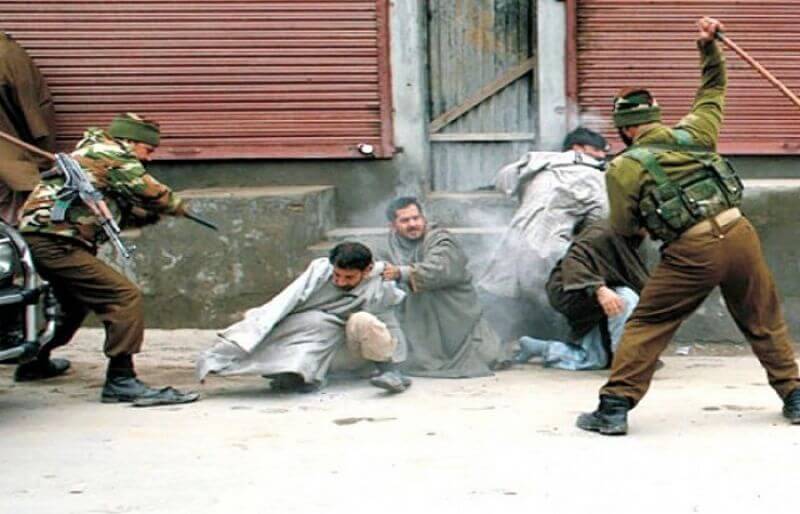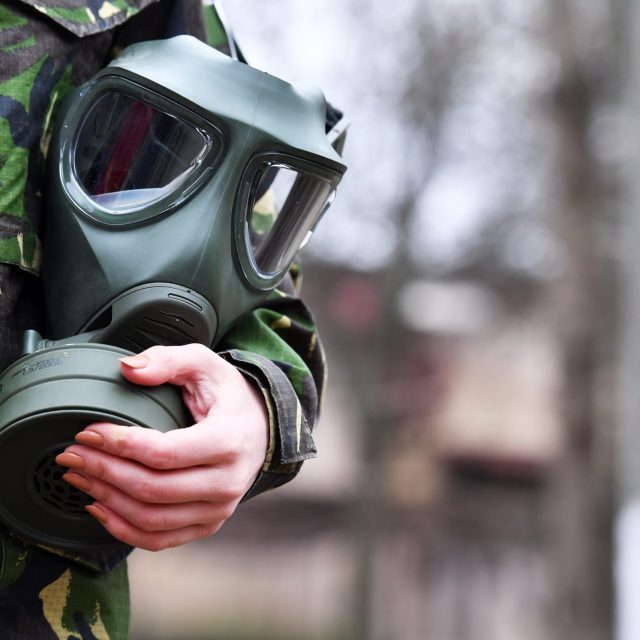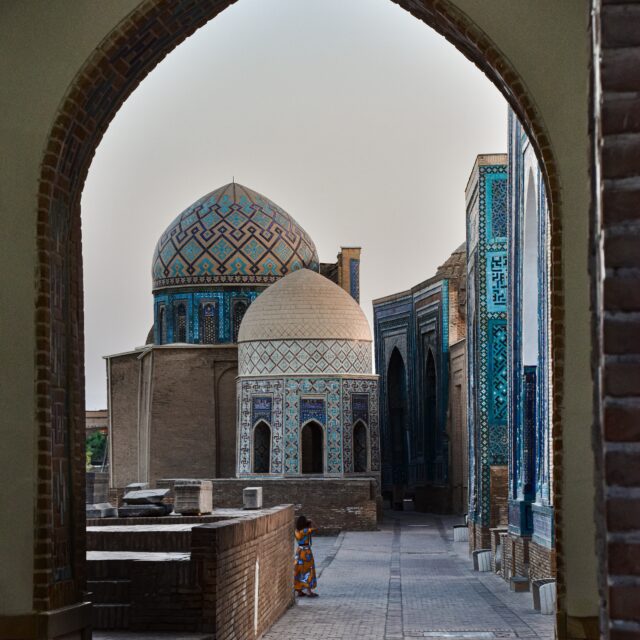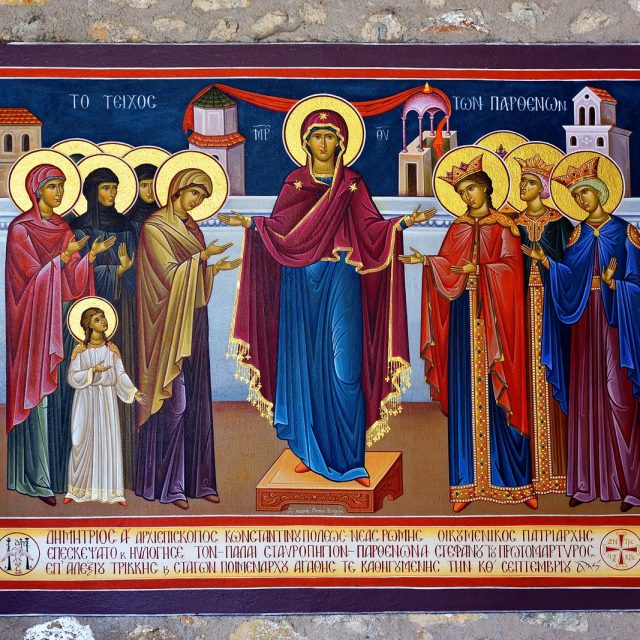The rapidly deteriorating human rights situation in Kashmir was spelt out at a press briefing by a prominent human rights activist born and raised in the heart of the conflict zone.
Speaking in Brussels on Thursday, Masood Iqbal Mir said, “This situation is grave and urgent action is needed.”
Mir told reporters at the Brussels press club, “My family, including my parents, live in the affected area of India-occupied Kashmir and tell be how awful the situation is there. I am very very concerned for them.
“There has been a curfew for 68 days during which people cannot go out, cannot get medicines and have no communications. Even pregnant women cannot get to hospital and have to give birth in the street. People are dying and graves are being dug for the dead in people’s back yards.
“About 13,000 children have also been kidnapped by Indian security forces who enjoy immunity. It is not know what has become of them.”
The Antwerp-based Mir added, “There are 6,000 victims of pellet gun attacks, many of them being blinded. Many of our leaders are behind bars and unable to act.”
He said, “Our message is that the EU has a role to play here but needs to become vocal.”
India cut off all forms of communication, imposed severe travel restrictions and detained more than 300 political leaders and activists across Kashmir on August 5.
While the region remains under lockdown, news has been slow to trickle out of Kashmir. In Srinagar, the region’s largest city, people have been queuing up outside a government office to reach their loved ones. Authorities have made just two phones available and each person is allowed just one call.
About 100 Belgium-based members of the JKLF party recently protested outside the European parliament to demand that the curfew is lifted immediately.
Diwan Ali Mushtaq, president of the Belgian branch of the party, said the curfew had caused widespread harm and called for its immediate revocation.
He told the press briefing, “People cannot go out of their homes. They cannot go to hospital even, let alone the shops for food. There is no access to internet and people cannot make calls. There is no free movement of people, one of the things the EU cherishes. This constitutes a violation of basic human rights.The EU needs to be more vocal in what is currently happening in Kashmir.”
We need help to provide food, medics and necessary items for the besieged people in the occupied areas. We also want to divert the attention of the international community to expedite their efforts towards a peaceful, permanent, and just resolution to the Jammu Kashmir issue. We demand that the UN urges India and Pakistan not to use forceMuhammad Rafiq Dar, JKLF spokesman
The party has also demanded a referendum allowing the 5m people in both Indian and Pakistani-controlled areas of Kashmir to decide their own future.
He said, “They have the right to self determination and that is partly why we are here today, to speak out for our rights. People must decide if they want independence,” added Mushtaq who has been based in West Belgium for 40 years.
The Indian government revoked the special status accorded to Indian-administered Kashmir in its constitution, the most far-reaching political move on the disputed region in nearly 70 years.
A presidential decree issued on August 5 revoked article 370 of India’s constitution that guaranteed special rights to the Muslim-majority state, including the right to its own constitution and autonomy to make laws on all matters except defence, communications and foreign affairs.
The move has worsened the already-heightened tensions with neighbouring Pakistan, which downgraded its diplomatic relations with India.
India and Pakistan claim Kashmir in full but rule it in part. The nuclear-armed neighbours have fought two of their three wars over the disputed territory. A rebellion in Indian-administered Kashmir has been ongoing for 30 years.Kashmir, located between China, India and Pakistan, has been at the heart of a complex, 70-year dispute between Delhi and Islamabad, which has strained bilateral relations and impeded the development of stronger ties in the whole of South Asia.
In the Indian state ofJammu and Kashmir, an uprising against Delhi’s rule has been ongoing since 1989. In June 2018, a UN human rights report on Kashmir called for establishing a commission of inquiry into multiple violations from both sides. Kashmir is a mountainous area the size of Germany, in the north-west of the Indian subcontinent, home to K2, the world’ssecond-tallest mountain, and also narrow valleys and barren plateaus. It is also prone to seismic activity: as recently as 2005, a strong earthquake is estimated to have claimed 75 000 lives.
The first-ever UN human rights report on Kashmir called for establishing a commission of inquiry into the multiple violations committed on both sides of the LoC. UN High Commissioner for Human Rights, Zeid Ra’ad Al Hussein called to curb excessive use of force by the Indian security forces, which has led to unlawful killings and a very high number of injuries.
Since 1989, an uprising against Delhi’s iron-fisted rule has been running in Jammu and Kashmir, a region characterised by high unemployment and by the presence of over 700 000 soldiers, who forcefully control a population of 8 million. In 1999, another limited border conflict – the Kargil war – took place. In 2005, a cross-LoC bus service was launched, followed by cross-LoC trade in 2008. In 2008, human rights workers found about 1 000 unmarked graves near the LoC.
Since 2016, hundreds of Kashmiri protesters have been blinded by Indian shotgun pellets used as a ‘non-lethal’ crowd control measure. The report also urged Pakistan to end the misuse of anti-terror legislation for persecuting those engaging in peaceful political and civil activities and those who express dissent.




